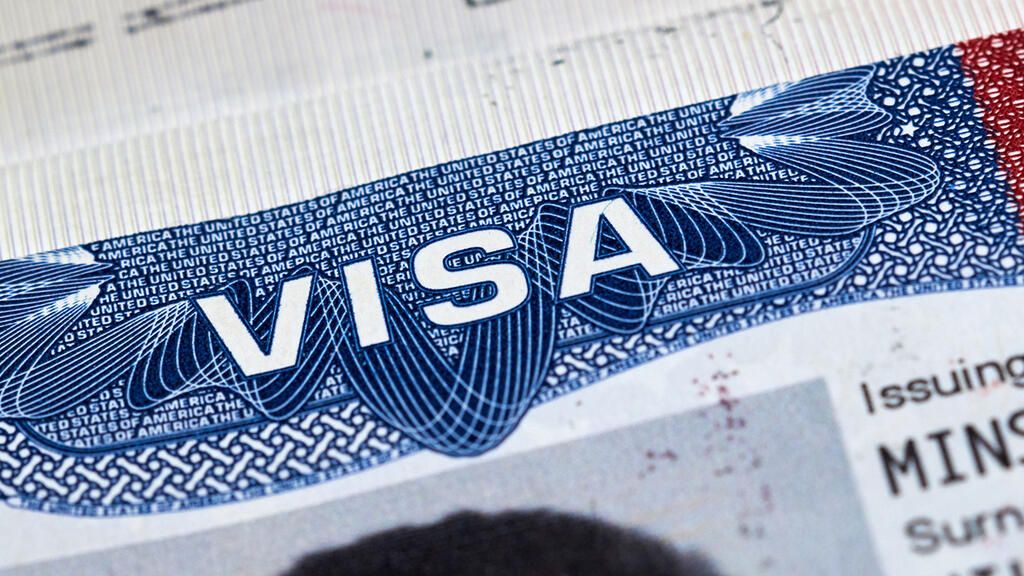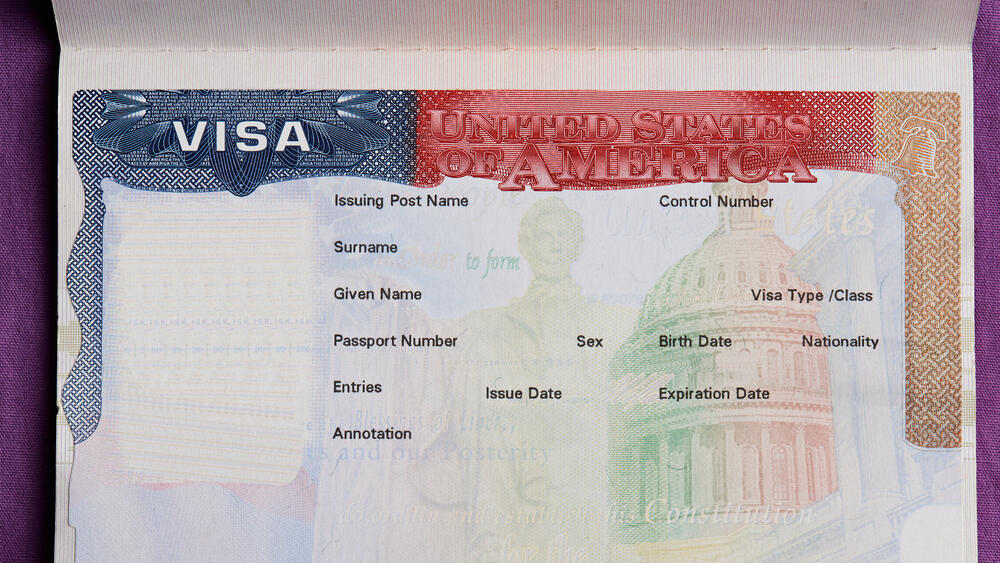Getting your Trinity Audio player ready...
Israel's efforts to comply with United States demands to be included in the lucrative Visa Waiver Program could encounter further delays, this time due to constrains of European laws.
According to discussions in the Knesset Foreign Affairs and Defense Committee, it appears the European member states will not agree to transfer information on passengers to Israeli authorities out of concern for their privacy, as well as due to fears that information may become available to the Israeli security services.
The committee met to advance legislation that aims to collect data on people entering and leaving Israel, ahead of the second and third readings of a bill that must be passed to meet U.S. demands.
The bill would require airlines to submit personal information on their passengers traveling to and from Israel, including Passenger Name Record (PNR) and Advance Passenger Information (API) issued in Europe, as well as data collected by the airlines for their own use.
The bill specifies that the information will be received in a national database attached to the Israeli tax authorities and available to the authorized agencies, including the Shin Bet, Mossad and Israel Police.
Transportation Ministry's legal office representative, Sigalit Barkai, presented the possible impediments to the bill at the committee meeting, which she noted did not exist anywhere else in the world. She warned such access to information would be viewed negatively by other countries, which will instruct airlines to withhold it.
An official from Israel's Civil Aviation Authority said airlines would not comply with the Israeli law. "EU member states will at the very least demand an international agreement to regulate the transfer of information and maintain privacy. Since the current model is out of the ordinary, the Europeans could very well say they refuse to comply, and they constitute 60% of air travel to Israel," Yishai Don Yehiya said.
The representative of the Justice Ministry who attended the committee meeting, Dror Granot, said the ministry was aware of the complexity of the bill and was in dialogue with the EU.
"They will not negotiate formally with us until legislation is completed," he said. "It is a prolonged process with too many variables, so a clear answer can not be provided. I will say that in our wording of the bill, we attempted to align ourselves with the strict European standard to more easily reach an agreement with them."
Gil Birger, deputy head of the Population and Immigration Authority in the Interior Ministry, said the American demand is to collect and analyze data based on PNR and API.
"They are not interested in where the data will be collected, but in who will have the authority to collect and analyze it," he said. "They were told that by end of April 2023, Israel will apply the requirements to direct flights to and from the U.S. The American demand is that it is applied to 100% of incoming and outgoing flights by end of September 2023."
One possibility raised in the committee was that in light of the potential difficulties posed by the EU, the U.S. would consider excluding Israel from the requirement to collect data on passengers in 100% of flights.



